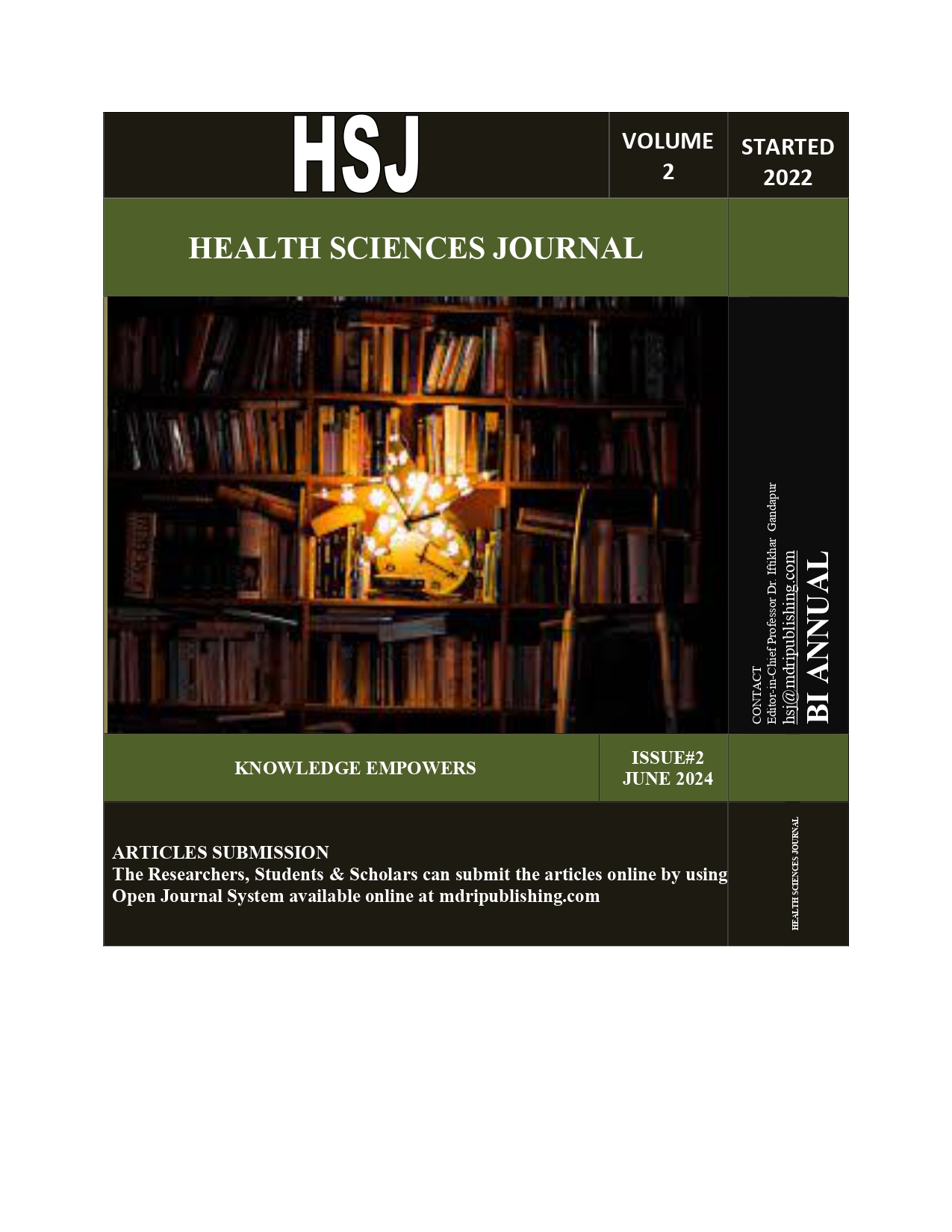KNOWLEDGE, ATTITUDE AND PRACTICE (KAP) STUDY OF FOOD SAFETY AND HYGIENE PRACTICES OF HOUSEHOLD CONSUMERS
DOI:
https://doi.org/10.59365/hsj.2(2).2024.95Keywords:
Advance Countries, Developing Countries, Knowledge, Attitude, Practice, Food Safety and Hygiene.Abstract
Background: The developed states of the world make huge investments in food safety and hygiene to prevent food-related illnesses, enhancing public health and reducing healthcare costs. However, the developing and poorer states often lack the resources to match these efforts. Studies have shown that food borne illnesses can have severe impacts on a country’s economy, trade, and tourism, and can even result in litigation. Most efforts in food safety focus on the macro level, encompassing raw materials, industrial production, distribution, and retail. However, there is a gap in research and action at the micro level, particularly regarding consumer practices. Domestic food handlers often lack sufficient knowledge about food safety, handle food poorly, and store it inefficiently, leading to vulnerability to food borne illnesses. These practices, posing significant health risks. handlers often rely on trial-and-error methods and traditional Material and Methods: This study specifically examines the consumers’ Knowledge, Attitude and Practices of food safety and Hygiene, particularly at household level. This focus is crucial as it addresses the need for improving food safety knowledge and practices at the consumer level to prevent health threats. By exploring the Knowledge, Attitude, and Practices of Food Safety
and Hygiene, the study aims to identify gaps and suggest targeted interventions that can enhance food safety at the domestic level.





